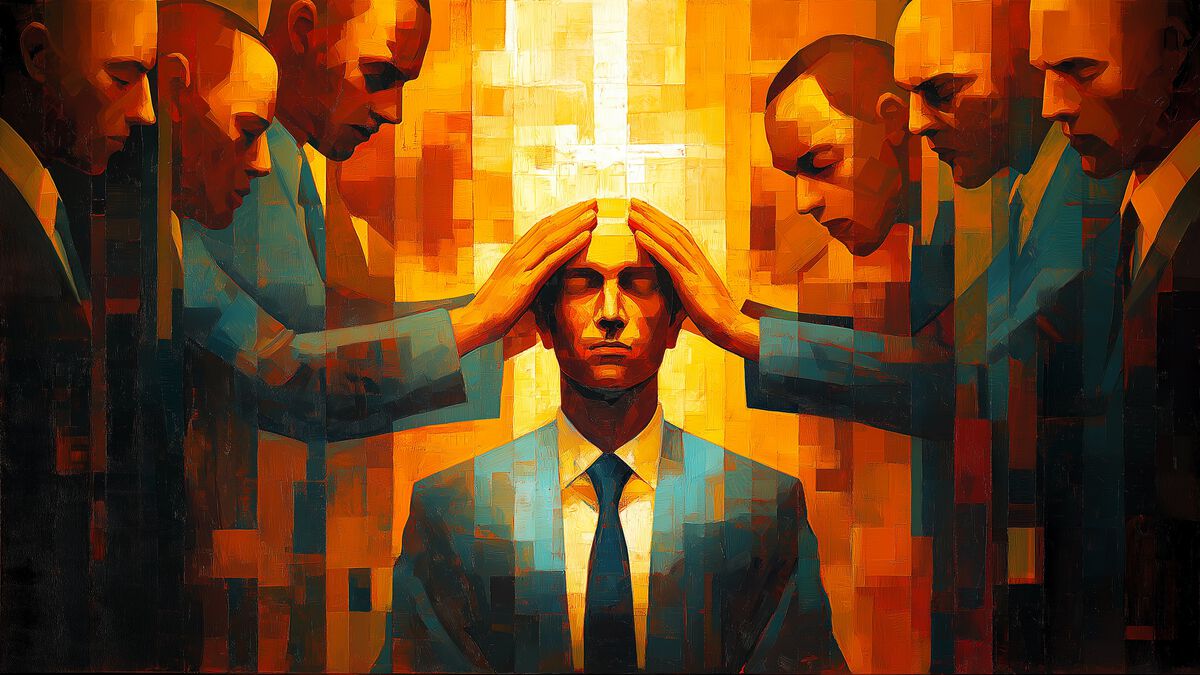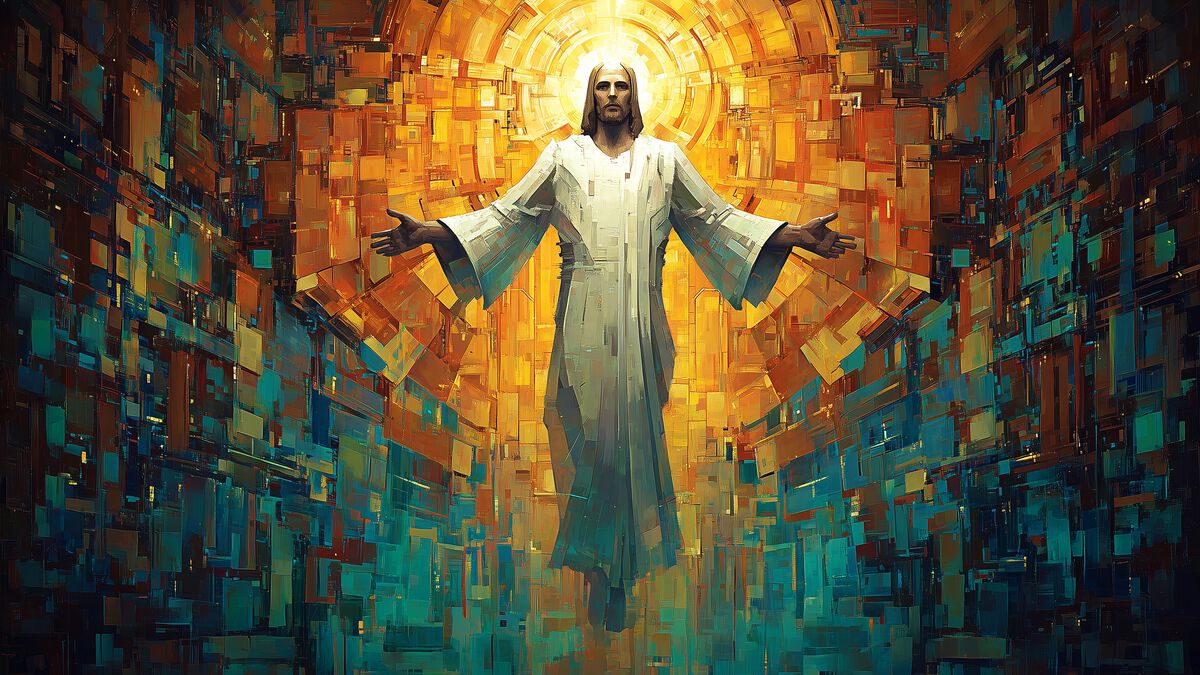Marek Wójtowicz on the New God Argument
Lincoln Cannon
1 May 2025 (updated 3 January 2026)
Philosopher Marek Wójtowicz recently published a paper in Roczniki Filozoficzne titled “Lincoln Cannon’s Transhumanist Argument for Faith in God,” offering a formal critique of the New God Argument. While the paper identifies some valuable opportunities for elaboration, it also affirms key strengths of the argument and mischaracterizes others. This article summarizes Wójtowicz’s core analysis, shares my responses, and outlines directions for improving the New God Argument.
Wójtowicz recognizes several merits of the New God Argument. He describes it as an “original manner” of approaching the question of God’s existence. And he highlights it as a “pioneering attempt to adapt transhumanist ideas to the format of research conducted within the realm of the philosophy of religion.” He also affirms the validity of the logical structure and the benefit of clearly identifying assumptions in advance.
Wójtowicz offers an admirably thorough formal analysis of the logic of the New God Argument. But, in the second half of his paper and particularly toward the end, he misinterprets the assumptions and intent of the argument. Several clarifications are in order to set the record straight, in hope of advancing discussion constructively.
Clarifications
The New God Argument is prospective and empirical in the sense that its assumptions and conclusions lend themselves to experience-based verification or falsification, even if that experience belongs to future or non-human natural observers. This contrasts with classical arguments for God that rely solely on a priori reasoning. While Wójtowicz questions this empiricism, the distinction remains fundamental to the argument’s philosophical orientation – Pragmatic rather than Platonic.
As part of its logical structure, the New God Argument employs disjunctions in the Compassion and Creation arguments. The disjunctions aren’t necessarily exclusive. The logic holds whether or not the disjuncts are mutually exclusive, and even if more than one disjunct is true. Wójtowicz’s concern about disjunctive ambiguity is thus formally irrelevant.
Wójtowicz observes that the New God Argument depends on defining “probably” as a probability greater than 50%. This clarification is true, important, but not problematic. Consistent with Bayesian reasoning, the strength of the argument scales with how probable one finds its assumptions. For example, Nick Bostrom, whose Simulation Argument informs part of the New God Argument, uses similar references to probability.
Wójtowicz also claims the argument becomes circular when it concludes that superhumanity is both our descendant and our creator. This is a misunderstanding of generational recursion. Just as humans can be both ancestors and descendants across time, superhumanity can exist before and after us in different instantiations. This does not entail logical contradiction.
The New God Argument uses the term “God” to describe a superhumanity that is more compassionate than we are and that created our world. This concept is not a departure from religious tradition but rather an authentic characterization of the ancient doctrine of theosis, perpetuated today as exaltation in Mormonism and divinization in Catholicism, among others. This characterization also lends itself to integration of divine attributes with a naturalistic frame of reference.
Opportunities
Wójtowicz’s critique is most helpful in identifying where the New God Argument would benefit from further development. Definitions of words like “superhumanity,” “compassion,” and “creation” merit more elaboration. Such elaborations would emphasize observable behavior and technological capacities rather than inaccessible emotions or antinatural theological positions.
I should frame the Faith Assumption, and the assumptions in the Compassion Argument and the Creation Argument, within greater emphasis of contemporary scientific and philosophical literature. That would include referencing Bostrom’s formulation of the Simulation Argument, as well as discourse in AI ethics, computational epistemology, and cosmic evolution. Embedding the New God Argument more deeply in existing literature would facilitate more productive deliberation.
Logical transitions within the Compassion and Creation arguments merit more explanation. Wójtowicz shows the value of thoroughly analyzing the inferential logic. This would make the argument more accessible to both critics and advocates. And that, in turn, would help orient our shared focus toward more salient features of the New God Argument.
I should explain recursive creation in more detail. Narrative accounts of ancestor simulation or evolutionary emulation could clarify how humanity may both originate from and lead to superhumanity. This would help dispel confusion about logical contradiction and highlight the plausibility of cyclical or branching cosmologies.
Finally, I should consolidate and present, in secular philosophical terms, my reasons for esteeming superhuman compassionate creators as “God.” These would include elaboration on superhumanity’s potential creative superiority, ethical authority, and epistemic advantage relative to humanity. God, in the superhuman sense, is worthy of our trust and emulation without appeal to antinaturalism.
Conclusion
Wójtowicz’s paper is a valuable engagement with the New God Argument. His formal analysis affirms the validity of its logical structure. And his critiques highlight opportunities to strengthen its presentation. Most importantly, his work shows that the New God Argument deserves and is increasingly gaining serious philosophical consideration.
The New God Argument is an original, provocative, and evolving contribution at the intersection of theology with secular futurism. More revisions are coming. In the meantime and always, I welcome continued dialogue, well-informed criticism, and elaborative assistance.



